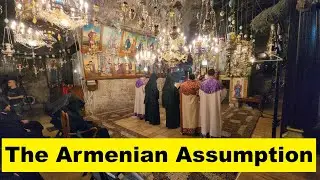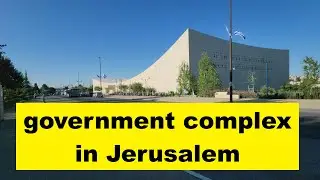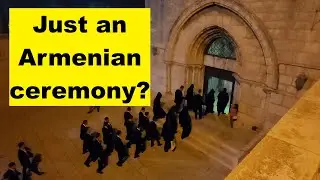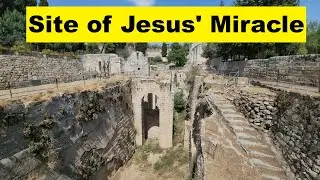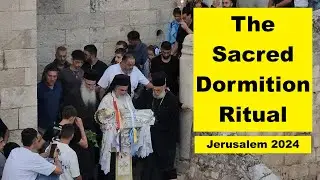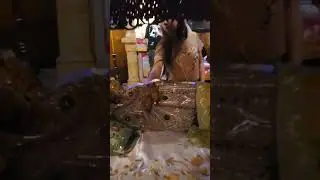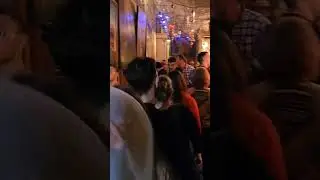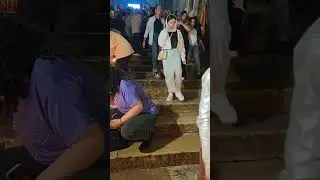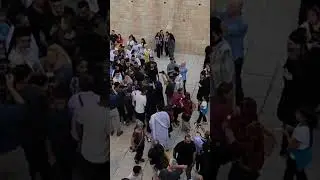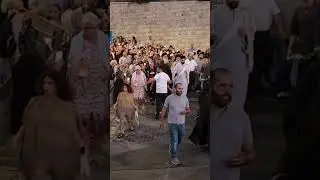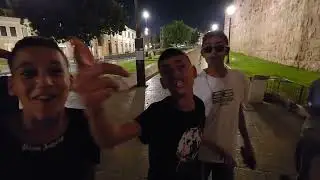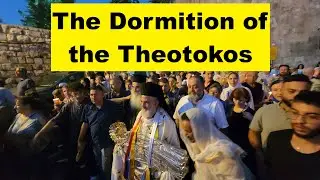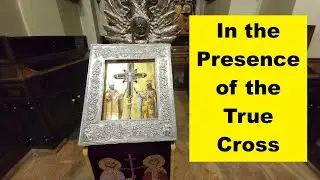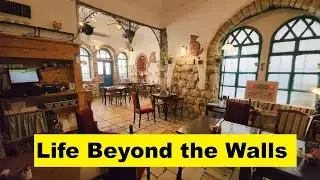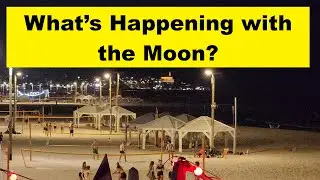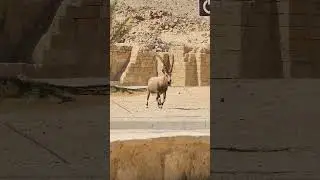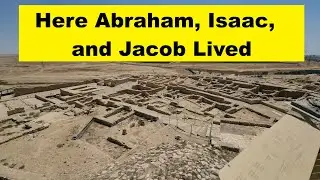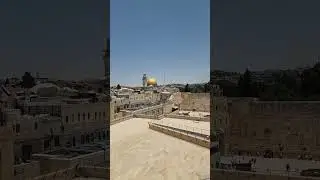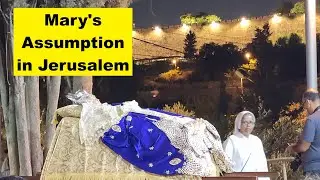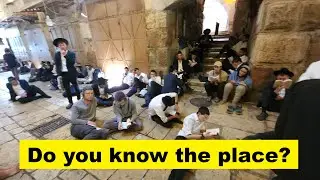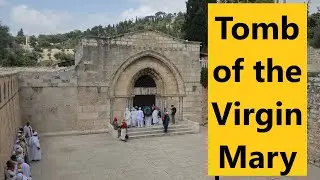During the Jewish Passover holiday, what happens in Israel's supermarkets?
Information about what to expect when visiting Passover in Israel itself will be provided after this announcement.
Unfortunately, I have not been able to work as a tour guide because of the war.
Should you wish to support me and my videos please subscribe to my channel and let me guide you through the Holy Land via my videos. In this way, I will be able to continue to do my work of uploading to YouTube. Upon your request and in return I am very much happy to pray for you at the Western Wall and/or light a candle in your name at the Church of the Holy Sepulchre or anywhere else in the Holy Land of Israel.
Should you have a personal request I will be more than happy to respond and even film it in a personal video.
Support and purchase of goods from the Holy Land: https://www.buymeacoffee.com/zahishaked
Support using PayPal: https://www.paypal.com/paypalme/zahis...
Kindly share this site with your other friends/family that are interested in the rich and sacred history of Israel.
Thank you so much
Your tour guide
Zahi Shaked
/ zahishakedisraelitourguide
/ zahi_shaked_israeli_tour_guide
https://linktr.ee/zahishakedtourguide...
Passover, or Pesach, is a major Jewish holiday which commemorates the exodus from Egypt and takes place in early spring each year and lasts seven days. Many businesses are only open for half days throughout the period and both the first day of Pesach and the last (the ‘seventh day of Pesach’ or ‘second holiday’) are holy rest days, which means productive work is forbidden. If you are considering visiting Israel during this period, it’s important to be aware of how the holiday may affect your plans and the key celebrations which take place.
Overview
Passover is one of the three pilgrimage holidays in Jewish tradition, along with Sukkot and Savuot. During ancient times these holidays would see the whole Jewish people come to the Holy Temple in Jerusalem to offer animal and grain sacrifices.
Starting on the 15th day of the Hebrew month of Nisan (usually in April), Passover celebrations in Israel last for seven days (although it can be eight days in other Jewish communities around the world). The holiday is celebrated to commemorate one of the key stories in the history of the Jewish people, the exodus from Egypt. According to the Jewish teaching of the Torah, Moshe (Moses) became leader of the Israelites enslaved in Egypt, guiding them through their hasty departure from Egypt on their long journey through the Sinai desert, where they lived for 40 years, to the Land of Israel.
Inspired by the exodus story, many of the rituals and prayers around Passover are centred around physical and spiritual redemption and it is also known as the holiday of freedom. Other names include the holiday of the Unleavened Bread, which relates to the matzah the Israelites baked due to their hurried exit from Egypt (as the dough they had prepared had no time to rise), and the holiday of spring, due to the timing of the Passover celebrations.
Visiting Israel during Passover
There are several factors to consider if you are visiting Israel during Passover, the first being possible business closures. Work is forbidden on the first and last days of the holiday and the intermediate days, Chol ha-Mo’ed, are considered half-holiday days, with many businesses only opening in the morning. The second important thing to consider is that as this is a period of school holidays in Israel, tourist sights and popular holiday spots can be very busy at this time.
The kosher food laws of Passover mean leavened and fermented grain products, known as chametz, are prohibited and most restaurants will honour this. Foods including breads, pasta and pastries, as well as beer, are all usually removed from the menu for the duration of the holiday. It’s also forbidden to eat shellfish, fish without scales and pork products. Some smaller eateries may close during the Passover period to avoid the complications of only serving kosher food, but in some areas, particularly in Tel Aviv, you may find the restrictions are slightly more relaxed in some restaurants.
Customs
Customs around Passover include Seder night, on the eve of the holiday, when extended families gather for a ceremonial meal, also inviting those with no family to celebrate with them. A traditional plate only used at Seder is often used for the occasion, with foods served including Z’roa (a lamb shank representing a symbolic offering to the temple), Beitzah (an egg, symbolising rebirth) Haroset (a mixture of apple, nuts and wine, represents the mortar and bricks used by the enslaved Jews).
On the evening after the seventh day of Passover, a holy day of rest, Jews of North African origin, especially those from Morocco, take part in Mimouna festivities.


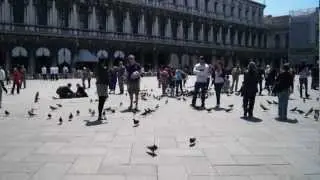



![[FREE] Future x Southside x 808 MAFIA Type Beat 2021 -](https://images.mixrolikus.cc/video/4TsXzTbqKK0)

